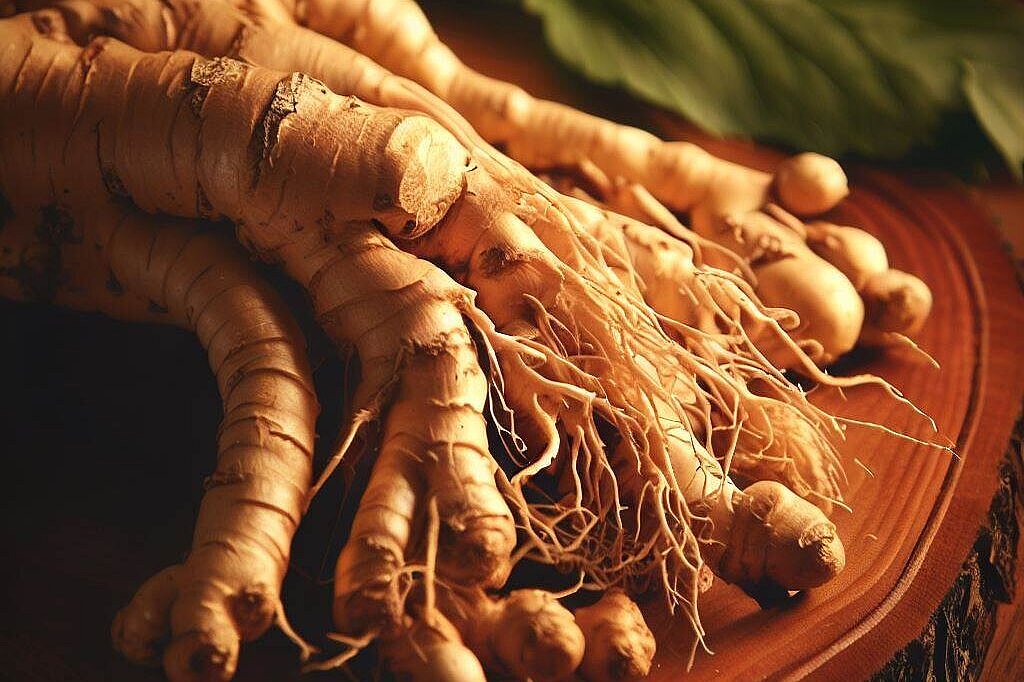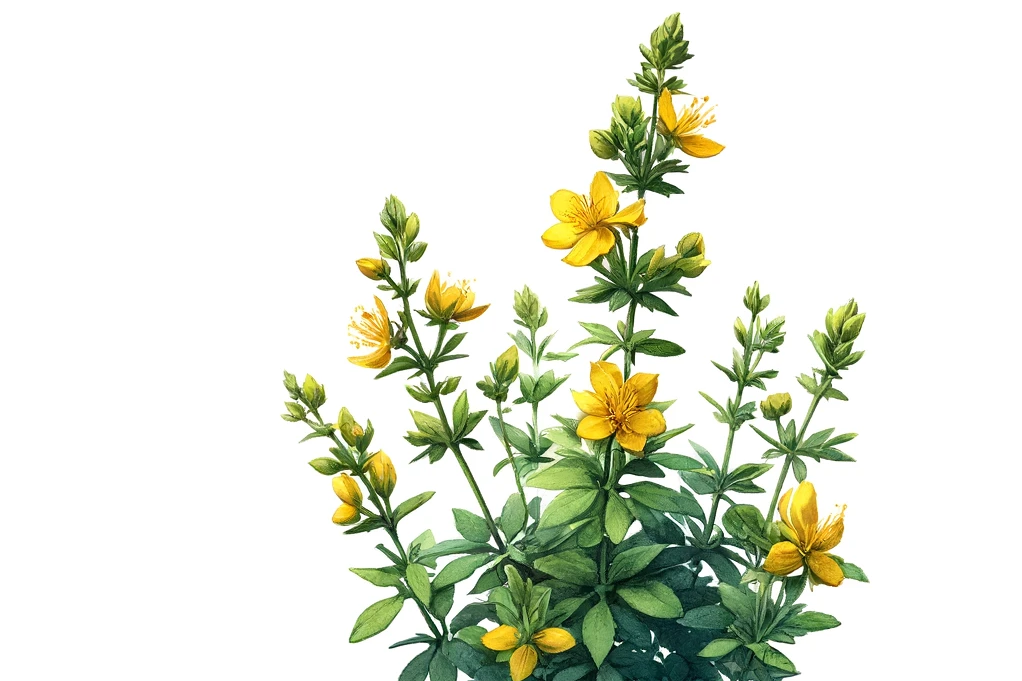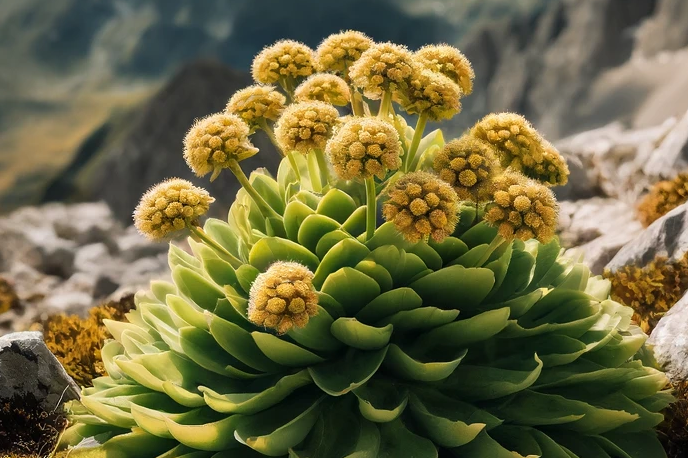Gingko

What is ginkgo and how does it work?
The ginkgo is one of the oldest plant species in the world and is considered a living fossil. The leaves of the gingko tree are fan-shaped and have a characteristic green color. They contain various active ingredients such as flavonoids, terpenoids and ginkgolides, which can have different effects on the body. Ginkgo primarily affects the nervous and circulatory system and can improve blood flow to the brain and other organs. As a result, ginkgo can improve memory, concentration and learning ability. In addition, ginkgo has an antioxidant effect, which means that it protects the cells from harmful free radicals that can contribute to ageing processes and diseases. Ginkgo can also have an anti-inflammatory effect and strengthen the immune system.
What are the benefits of ginkgo for dogs?
Ginkgo can also be beneficial for dogs, especially older or sick animals. As ginkgo promotes blood circulation, it can help dogs that suffer from cardiovascular disease or have suffered a stroke. Ginkgo can also improve the oxygen supply to the brain and thus prevent or alleviate cognitive disorders such as dementia or Alzheimer's disease. Ginkgo can also help dogs suffering from stress or anxiety, as it has a calming effect and increases well-being. Ginkgo can also help dogs with arthritis or other joint problems, as it has an anti-inflammatory and pain-relieving effect.
What side effects does gingko have for dogs?
Gingko may be a natural medicine, but that doesn't mean it has no side effects or risks. Gingko can cause gastrointestinal discomfort such as nausea, vomiting or diarrhea in some dogs. Ginkgo can also cause allergic reactions such as skin rashes or itching. Ginkgo can also affect blood clotting and increase the risk of bleeding. This can be dangerous for dogs taking blood-thinning medication or undergoing surgery.
How do I give my dog Ginkgo?
Gingko is available in various dosage forms such as tablets, capsules or drops. The dosage depends on various factors such as your dog's weight, age and state of health. You should therefore always follow the manufacturer's or vet's instructions. As a rule of thumb, you should not give your dog more than 50 mg per kilogram of body weight per day. You should also make sure that the product is suitable for dogs and does not contain any other additives that could be harmful.
Ginkgo is a plant with many positive properties for the body. It can promote blood circulation, improve memory and inhibit inflammation.
If you notice any signs of hypersensitivity or poisoning in your dog, you should see your vet immediately. We are not a substitute for a vet, but we try to be as accurate as possible. Every dog reacts differently and we recommend you get a second opinion or consult your vet if in doubt.
Stay healthy and take good care of your four-legged friend!😊
Similar to Gingko
Ginseng belongs to the Araliaceae family and grows mainly in China, Korea and Japan. The plant has green leaves and red berries, but the most important thing is its fleshy root. This has the shape...
Echinacea is a genus of plants from the composite family, which includes several species of herbaceous plants. The best-known species are Echinacea purpurea (red coneflower), Echinacea angustifolia...
St. John's wort, also known as Hypericum perforatum, is a flowering plant that is native to Europe, Asia and North America. The plant has been used for centuries in folk medicine to treat various...
Rhodiola Rosea is a plant native to the cold regions of Europe and Asia. It has been used for centuries in traditional medicine to combat stress, increase stamina and improve overall vitality....



